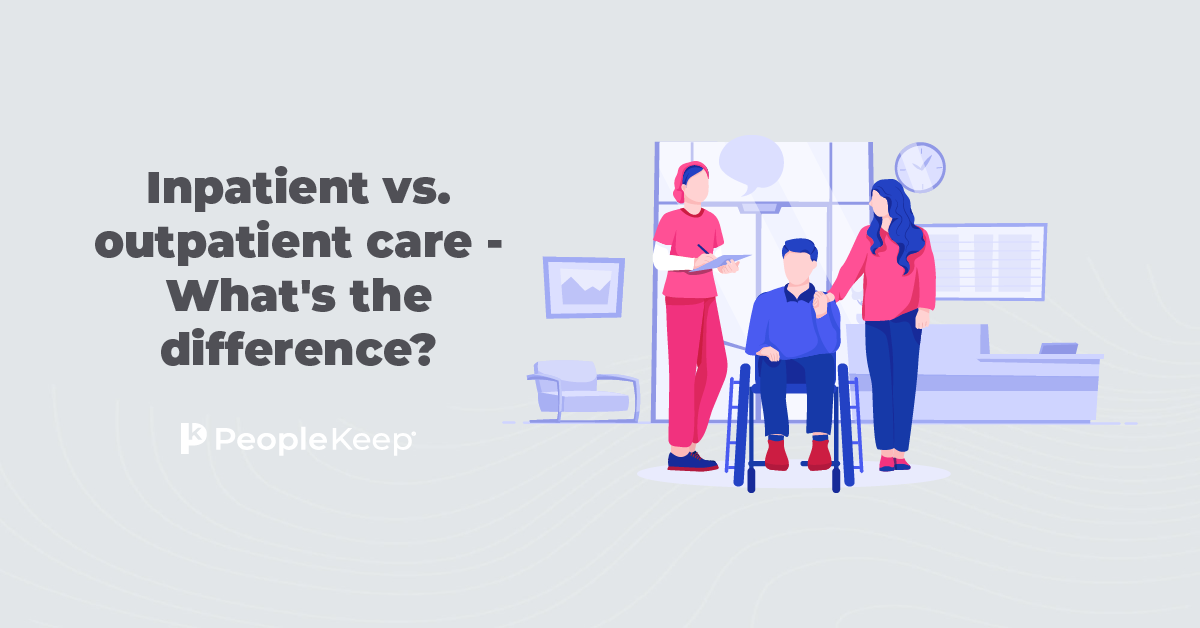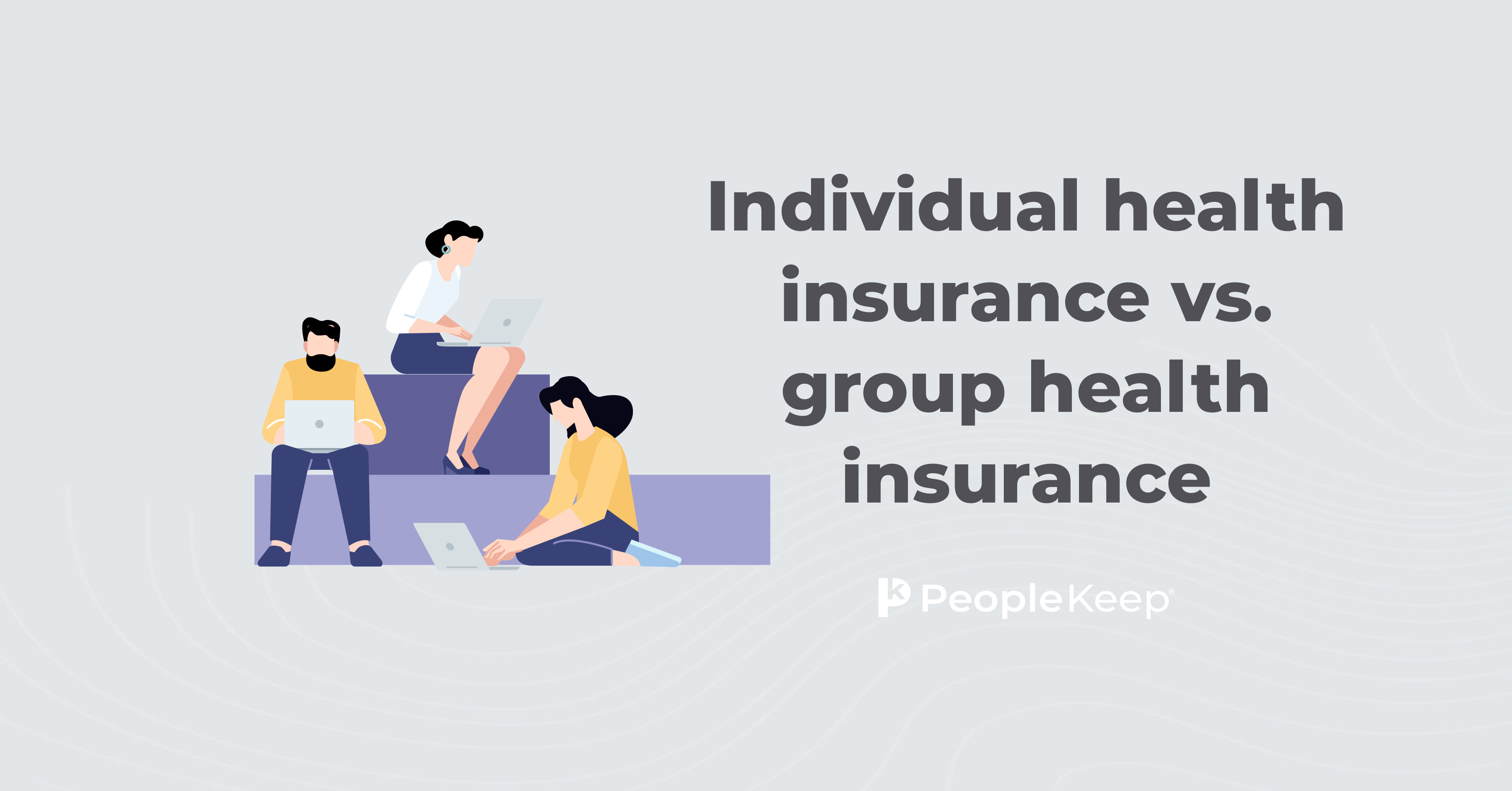Why McDonald's Should Give Its Low-wage Employees the Ability to Purchase Major Medical Individual Health Insurance Tax Free
By PeopleKeep Team on October 18, 2010 at 5:56 PM
Editor's note: This article was written in 2010 and may be out-of-date. For more up-to-date benefits and health insurance content, visit our blog.
McDonald’s currently offers low-wage employees Mini-Meds (limited benefit health plans) for $14 to $32 per week in premiums that cover from $2,000 to $10,000 a year in medical expenses. This article examines the impact of Health Care Reform (PPACA 2010) on Mini-Meds and explains why McDonald’s should expand their low-wage employee benefits to include major medical tax-free individual health insurance plans.
Earlier this month, reports surfaced that McDonald's Inc. is considering canceling its mini-med limited benefit plans due to new health reform requirements taking effect January 1st, 2011. In a recent memo, the restaurant suggested that it may drop coverage for approximately 30,000 hourly workers. McDonald's memo is the latest indication of the unintended consequences of healthcare reform (remember AT&T, Deere, Verizon, and Caterpillar?).
According to WSJ.com, Home Depot Inc., Disney Worldwide Services, CVS Caremark Corp., Staples Inc., and Blockbuster Inc. offer similar mini-med plans.
An Overview of McDonald's Mini-Med Offering
Mini-med plans are inexpensive, limited health plans that are designed to cover routine expenses rather than catastrophic treatment. The "mini" refers to the coverage amount, which is typically capped at $2,000 to $10,000 per year.
While popular among small businesses, the mini-med plans have become increasingly popular among large firms in the retail sector because they give these companies a way to offer cheap insurance to hourly workers. According to Mercer, 63 percent of large retail or wholesale companies offer mini-meds to low-wage workers.
The McDonald's chain has offered a mini-med plan for more than 10 years. It currently provides mini-meds for workers at 10,500 U.S. locations. A single worker can pay $14 a week for a plan that caps annual benefits at $2,000, or $32 a week to get coverage up to $10,000 a year.

The Argument in Favor of Mini-Meds: "Something is Better Than Nothing"
Proponents of med-meds argue that something is better than nothing.
The advantage of limited-benefit plans is that premiums are an affordable alternative to traditionally expensive group health insurance premiums, usually costing as low as $40 to $130 per month. As McDonald's puts it so well, "Having to drop our current mini-med offering... would leave many without an affordable, comparably designed alternative until 2014."
According to PayScale, fast food workers make a minimum wage of $7.24 per hour, or around $15,000 per year pre-tax working 40 hours per week. That is just slightly more than the average employer-sponsored health insurance premium for family ($13,770 in 2010).
A secondary argument suggests that hourly employees making less than $20,000 annually do not need more than $20,000 in annual coverage—anything over this amount would be over-insurance. All Americans today receive medical care regardless of having "catastrophic" insurance, and low-wage employees typically don’t have more than $20,000 in assets to protect.
The Problem with Mini-Meds: "Employees are Not Given a Choice"
The real problem with mini-meds is that low-wage employees are not given a choice between mini-meds and real catastrophic health insurance.
Most employees enrolling in mini-med plans are often unaware of their insurance options. Today, the vast majority of low-wage employees participating in an employer-sponsored mini-med are eligible to:
- Purchase catastrophic private insurance on the individual market for less than $150 per month in 46 states,
- Join Medicaid; or
- Take advantage of state insurance subsidies for low-income residents.
If given the choice, many low-wage employees would elect to buy real health insurance, right? Well, there's only one way to find out... give them a choice!
The Solution: "Give Low-Wage Employees More Choice"
According to McDonald's, 85% of its mini-med participants spend less than $5,000 in medical expenses per year. If these numbers are accurate, it is fair to assume that ~85% of the 30,000 participants would be accepted for a medically underwritten policy. In most U.S. states a healthy applicant can get real health insurance for $30 - $150 per month through the individual market.
By offering an individual premium reimbursement plan, McDonald's would allow its employees to purchase "real" individual health insurance on a pre-tax basis. In this scenario everyone wins:
- McDonald's low-wage employees are offered a choice to purchase major medical health insurance if they want it,
- McDonald's franchisees save 7.65% in FICA taxes on all employee pre-tax contributions to individual health insurance, and
- As Health Care Reform phases in, the private options get better for low-wage employees. In 2014, employees with income equal to or less than 133% of federal poverty level ($14,400 for an individual) will be eligible for Medicaid (free), and employees with income between 133% and 400% of federal poverty level will be eligible for subsidized health insurance. "Real" health insurance will cost the average hourly fast food worker less $400 per year.
To sum it up, Tax Free Individual Health Insurance is a no-brainer for McDonald's and its low-wage employees.
(If you live in the northeast, you probably don't believe me. See for yourself...)
|
Example. The following Humana plans are available in Utah for a 35 year old healthy male. Option 1 - $5,950 deductible HSA plan with 100% preventive coverage with unlimited annual/lifetime coverage for $38.40/month
Option 2 - $5,000 deductible plan with 100% preventive coverage, 3 doctor visit co-pays and unlimited annual/lifetime coverage for $56.47/month
Option 3 - $3,500 plan with 100% preventive coverage, 6 doctor visit co-pays and unlimited annual/lifetime coverage for $95.64/month
Note: Similar plans are available in 46 states. Employees in NY, NJ, MA, ME, and RI may be eligible for Medicaid or other state subsidy programs such as Healthy NY. |
Check out more resources
See these related articles

Inpatient vs. outpatient care - What's the difference?
Curious about the difference between inpatient and outpatient care? We break down the key distinctions to help you make informed healthcare decisions.

What is a catastrophic health insurance plan?
Curious about catastrophic health insurance? Find out how these plans work and if they're the right fit for your healthcare needs in this helpful article.

Individual health insurance vs. group health insurance
Wondering how group insurance differs from individual insurance? Find out in this comprehensive guide and make an informed choice for your organization.





